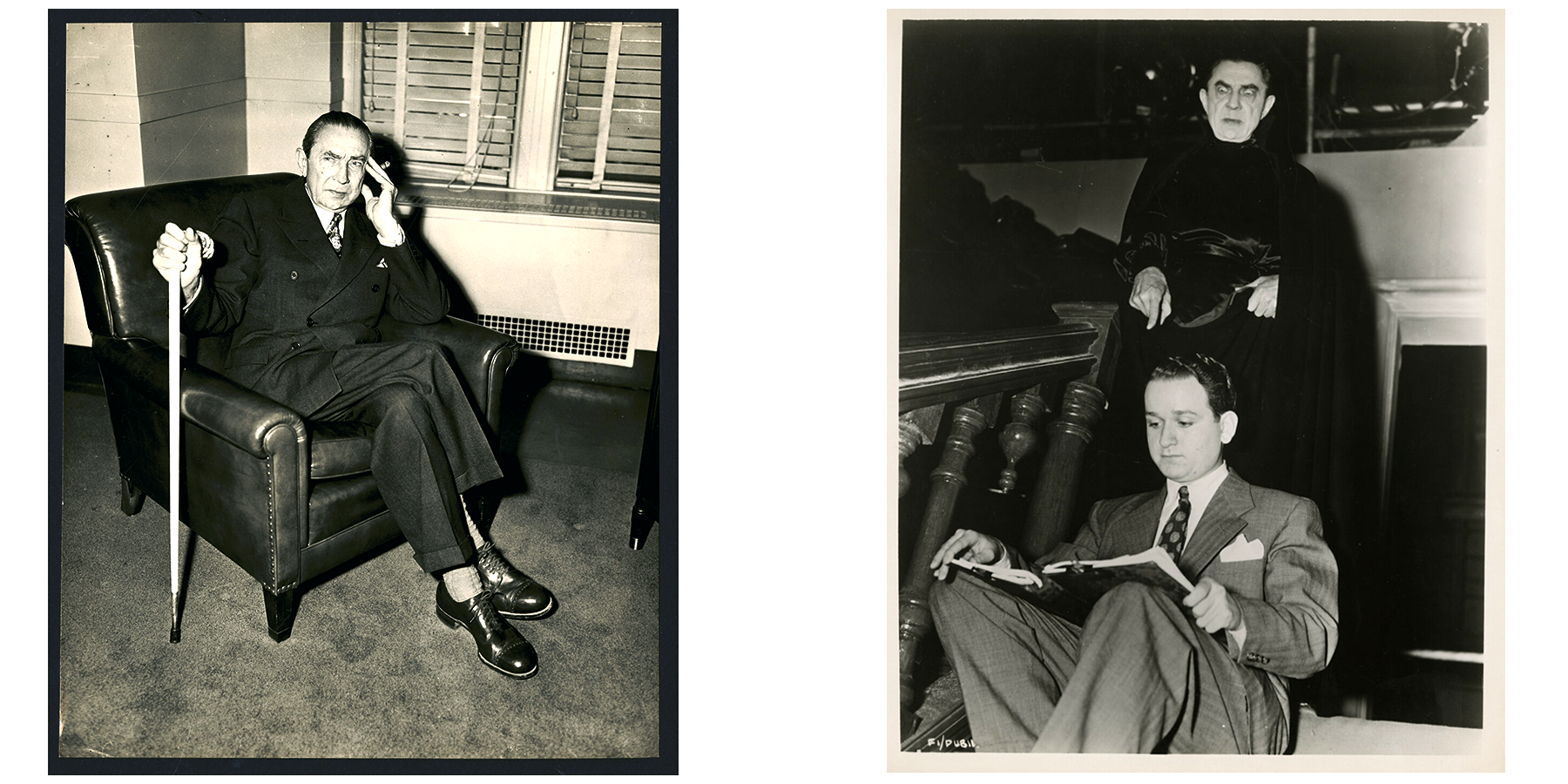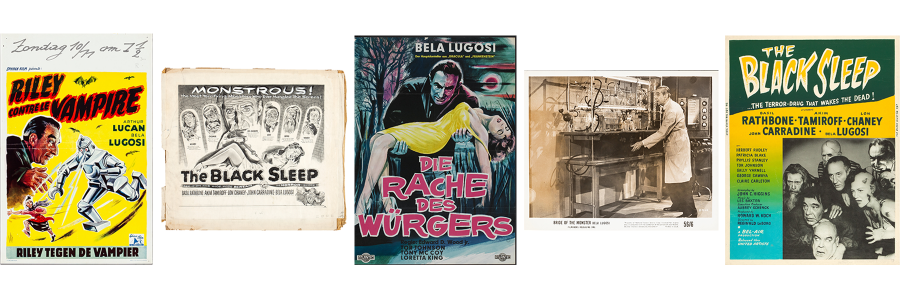Bela Lugosi, the iconic actor whose portrayal of Dracula defined horror for generations, left a lasting impact on Hollywood, not only through his roles but also as a trailblazer in openly discussing his struggles with addiction. In 1955, Lugosi took the brave step of publicly announcing his battle with substance abuse—a groundbreaking move in an era when addiction was heavily stigmatized, especially in the entertainment industry. His openness marked one of the earliest instances of a celebrity discussing addiction and seeking help, paving the way for future public figures to openly address mental health and addiction.

The Story Behind Lugosi’s Public Announcement
- Background and Struggles
- By the 1950s, Lugosi’s once-thriving career had declined. Typecast in horror roles, primarily as Dracula, he found it increasingly difficult to secure work outside the genre. To cope with the chronic pain from sciatica and other ailments, Lugosi turned to prescription drugs, particularly morphine and methadone.
- Over time, his reliance on these medications grew into addiction, contributing to both his professional and personal challenges. His physical health visibly deteriorated, and financial difficulties mounted as his options for roles became scarce.
- 2. The Decision to Seek Treatment
- In 1955, at 72, Lugosi voluntarily entered the Los Angeles General Hospital (now LAC+USC Medical Center) for addiction treatment. This was a significant, brave decision not only for Lugosi himself but also for Hollywood’s understanding of addiction, as it was virtually unheard of for celebrities to openly seek help for substance abuse at the time.
- Addiction carried a strong stigma, with many public figures opting to hide their struggles. By choosing to make his treatment public, Lugosi risked further impact on his career and image but was determined to face his challenges head-on.
- 3. The Public Announcement
- After completing his treatment, Lugosi held a press conference where he candidly discussed his addiction to morphine and methadone. He shared his hope for recovery and the future. This level of transparency was extraordinary for that time.
- His announcement drew significant media attention, with Lugosi becoming one of Hollywood’s first major stars to openly acknowledge addiction. His candor challenged the norms and set a powerful example in an industry where secrecy around personal struggles was the standard.
The Broader Impact on Hollywood and Public Perception
- Breaking the Stigma
- Lugosi’s announcement was a first step in reducing the stigma surrounding addiction in Hollywood. By sharing his own struggles, he humanized addiction, demonstrating that even beloved celebrities were not immune.
- Although the industry’s views on addiction didn’t change overnight, Lugosi’s transparency helped begin a conversation about mental health and substance abuse in Hollywood, gradually fostering more open dialogue in the years to come.
- 2. Inspiring Future Generations
- While few celebrities followed Lugosi’s example in the immediate aftermath, his courage was echoed in later decades by stars like Judy Garland, Elizabeth Taylor, and Robert Downey Jr., who also went public with their battles against addiction. These celebrities credited the earlier bravery of figures like Lugosi for helping to normalize the conversation about addiction and recovery.
- Lugosi’s bold move laid the groundwork for a cultural shift in Hollywood, where personal struggles became less taboo and more openly discussed.
- 3. Legacy of Courage and Honesty
- Despite his personal and professional hardships, Lugosi’s decision to face his addiction publicly remains a powerful part of his legacy. While his career did not fully recover, and he continued working in low-budget films, including collaborations with director Ed Wood, his openness is remembered as a milestone in Hollywood’s approach to mental health and addiction.
- Lugosi’s journey reminds us of the courage it takes to confront addiction openly and the importance of mental health support, even for public figures. His story is not only one of horror film legacy but also of a personal battle that continues to inspire.

Conclusion
Bela Lugosi’s public announcement of his addiction in 1955 was a groundbreaking moment that transcended Hollywood and challenged societal norms. By choosing to speak openly about his struggles, he helped pave the way for more open discussions about mental health and addiction in the entertainment industry. Lugosi’s bravery is a lasting testament to the importance of addressing these issues, reminding us of the power of honesty and the impact of breaking down stigmas. Today, his legacy endures not only in horror films but in the compassionate progress he inspired in mental health awareness.




